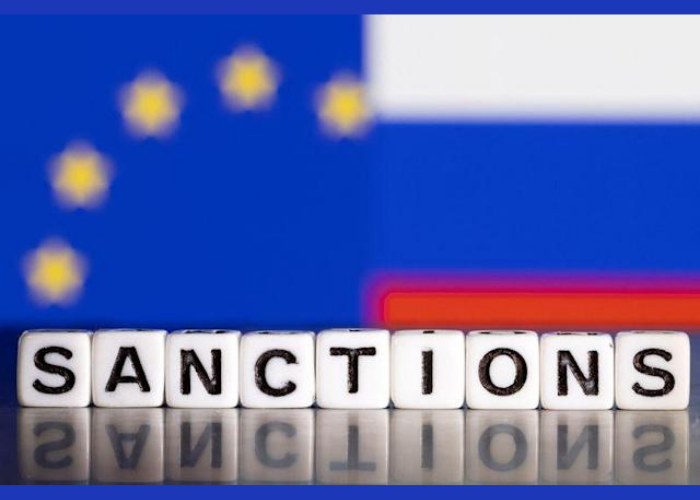SWIFT to go down: financial sanctions against RussiaL'idea di Luca Bellardini
- 10 March 2022
- Posted by: Competere
- Category: Senza categoria

Among the many sanctions imposed on Moscow for having invaded Ukraine, the exclusion of major Russian banks from the SWIFT system is the one that has caused the most uproar as the one, for now, with the heaviest and most concrete repercussions.
Although it is an acronym, the word SWIFT (Society for Worldwide Interbank Financial Telecommunications) in itself is telling of what it does: it is the consortium behind the technological infrastructure – today certainly “fast” – for the exchange of messages, through which member financial companies (more than 11 thousand) can carry out numerous transactions. It is a multilater system: it will always be possible to count on the presence of a third party institution that guarantees the giving and receiving, even for a simple transfer between physical persons.
AN INSTRUMENT OF GLOBAL MONETARY CIRCULATION AND LIMITATION
It is worth reflecting on the moment in time when SWIFT was conceived: the Bretton Woods system – based on the (partial) convertibility of currencies into gold – had just ended; the age of fiat money – that is, purely “fiduciary” money, without any metallic underlay established ex lege – had begun. It is well known that the loosening of restrictions on monetary circulation was accompanied by a progressive liberalization of capital movements through different countries and currency areas, at least until the 2008 crisis. The other side of the coin is the “financialisation” of the economy, increasingly based on the “paper money” component. In other words, the simple formalization of obligations or payment options in the future, giving rise to “derivative” financial instruments whose value depends on the performance of underlying assets; with which, however, the link could also be very tenuous and indirect. If the recessions of recent years had not reminded us of the problems arising from underlying assets that are non-performing loans (i.e., of doubtful collectability), today we would have before our eyes the turbulence of derivatives “written” on agricultural commodities: especially wheat and other cereals, of which Ukraine is one of the largest producers in the world. Generally speaking, it is undeniable that the last fifty years have seen an important – and undoubtedly positive – opening of capital markets; at the same time, however, periods of extreme uncertainty such as the present one could make us regret the old order, more rigid but at the same time more “secure”.
WHERE GOODS DON’T PASS, TANKS DO
In this paradigm, SWIFT has an absolutely praiseworthy role, when it sets up a useful and secure standard for the buying and selling of goods and services in what we improperly call “real economy”. As it is now known, the European purchase of hydrocarbons of Russian production also takes place with transactions that travel on this messaging network. But there are alternatives for those affected by the sanctions. A precedent was set by the Iranian banks, which were cut off in 2012, but then re-included in alternative circuits by European countries, albeit with little success; there is also the Chinese alternative, Cross-border Interbank Payment System (CIPS). None of these, however, enjoy the (positive) “network externalities” of which SWIFT has become the bearer, also by virtue of its link with the country that “guarantees” the stability of the international financial system, namely the United States (with the geopolitical implications that follow).
Asking whether the sanction is really heavy for Russia, the answer can only be affirmative. The real question is: will it continue to push Moscow to put an end to the aggression, not only against a free and democratic state but against the whole pax europaea? It is a geopolitical issue before it is an economic one. The participation of banks in cross-border circuits, the security of exchanges and the freedom for private individuals to operate without borders – choosing their partners autonomously on the basis of business considerations, therefore only of “merit” – are going through an era in which they are no longer guaranteed.
In 1998, when Russia defaulted on its sovereign debt, the degree of international openness was still limited: the consequences, therefore, were felt almost exclusively within the Federation. Fortunately for all humanity, the West won the Cold War and spread capitalism to the furthest corners of the planet. However, some regimes such as Moscow’s, tend to reverse the causal link in the rule that “where goods don’t pass, tanks do” (Bastiat): for largely extra-economic reasons, it is decided if and when to let armies go through; in that case, of course, the goods route is closed regardless of others’ reaction. Even if they were not ostracized by SWIFT, the only hope for Russian banks to remain sufficiently liquid and profitable is if their country does not expose them to the immeasurable risks of these dramatic choices.
